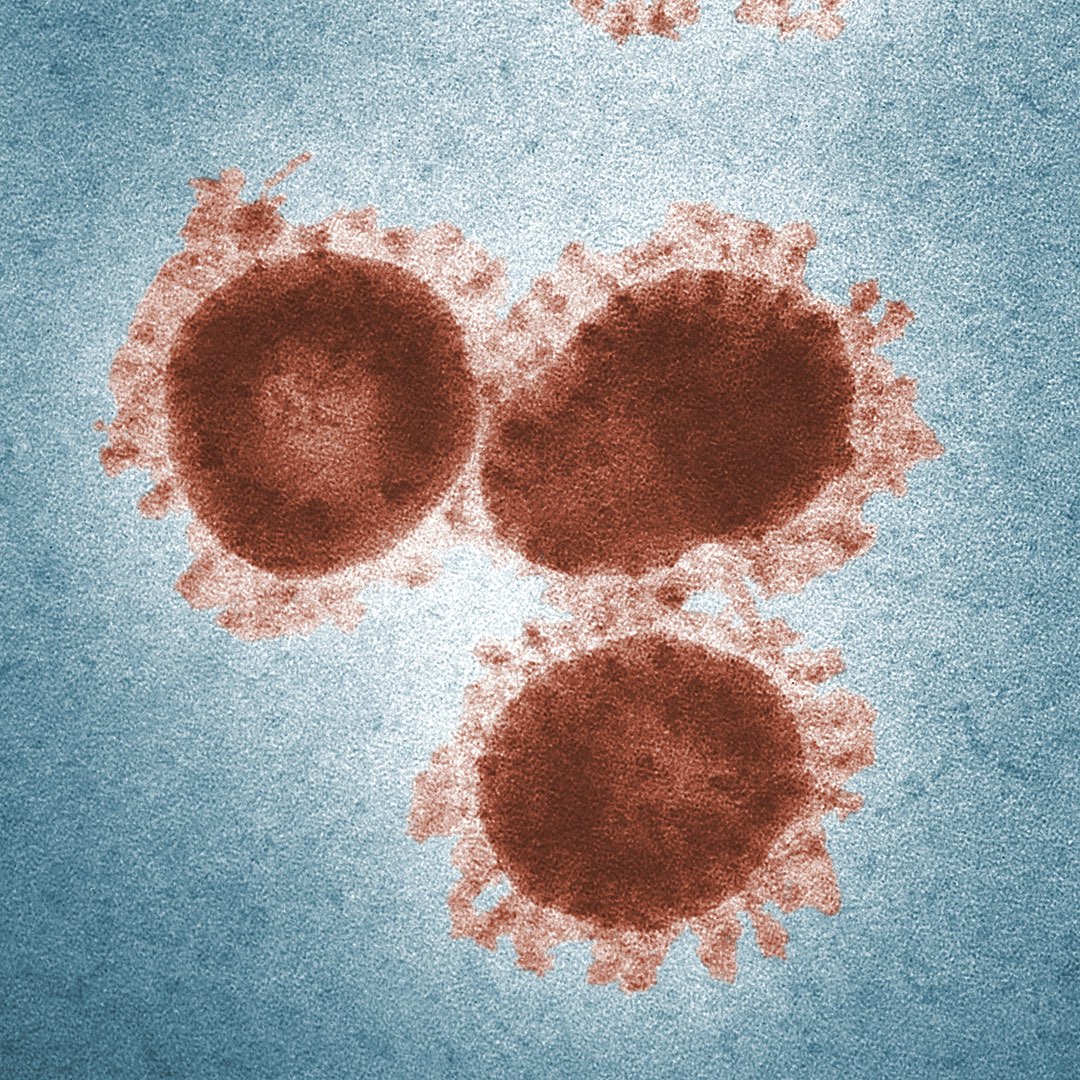[vc_row][vc_column][vc_column_text]Host defense peptides (HDPs) are a class of naturally occurring molecules that are produced by the body to help fight off pathogens and other harmful invaders. These peptides have a number of unique properties that make them attractive candidates for use in the development of new treatments for infectious diseases and other health conditions.
One of the key properties of HDPs is their ability to form amphipathic structures, which allows them to interact with the cell membrane of pathogens in a specific and targeted manner. This can lead to the formation of pores in the membrane, which can disrupt the function of the pathogen and ultimately lead to its death. HDPs also have the ability to bind to and inactivate a wide range of pathogens, including bacteria, viruses, and fungi.
Another key property of HDPs is their resistance to degradation by proteases, enzymes that are present in many pathogens and can break down other types of antimicrobial peptides. This makes HDPs more stable and longer-lasting in the body, which can help to increase their effectiveness.
There has been an increasing interest in the use of HDPs as a strategy for creating “rugged immunity” to infections. This involves the use of HDPs to stimulate the immune system and improve its ability to respond to a wide range of pathogens. This can be done by administering HDPs directly to the body, or by engineering them into other molecules or materials to create a “smart” immune response.
It is important to note that, while HDPs show promise in the laboratory, more research is needed to determine their safety and efficacy in humans and to develop methods for their large scale production and administration.
Lauriston Crockett III – The “Peptide Guru”
Author of ‘Peptides Are Life'[/vc_column_text][/vc_column][/vc_row][vc_row][vc_column][vc_video link=”https://youtu.be/jRUH5HTtg_w”][/vc_column][/vc_row]

